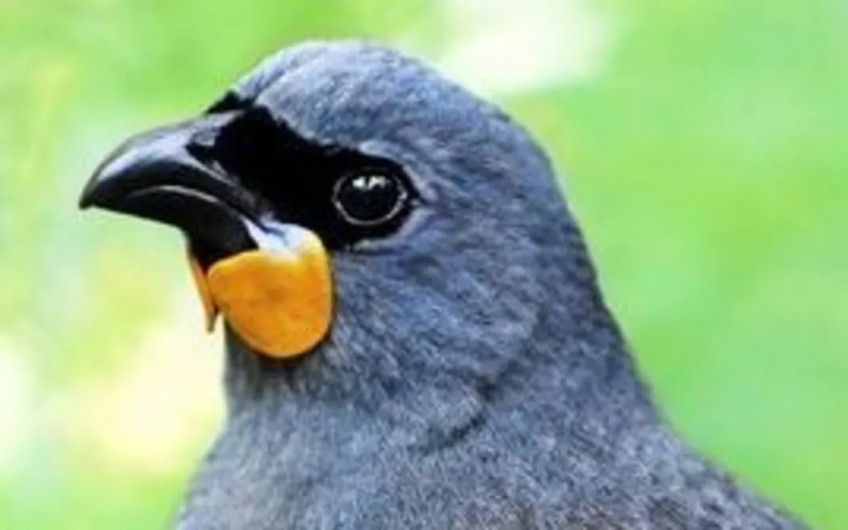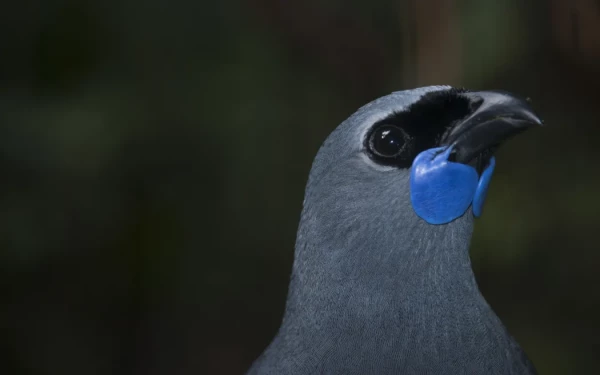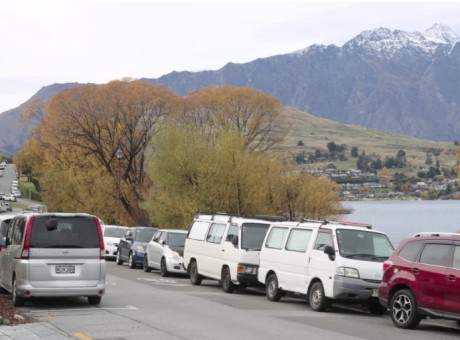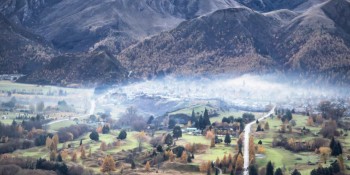Excitement over possible sighting of elusive South Island Kōkako

The South Island Kōkako - believed to be extinct for decades - may have finally been spotted in Southland.
The South Island Kōkako Trust is offering $10,000 to anyone who provides information leading to confirmation that the bird is still alive.
The South Island songbird was listed as extinct until 2013, when the Department of Conservation reclassified its status as data deficient.
Trust spokesperson Inger Perkins said a recent possible sighting had renewed hopes the bird was still alive.
The trust had put out a call for help identifying the bird, she said.
"We definitely have faith and we definitely do not believe it's extinct in the South Island."
The most recent report of a possible South Island Kōkako was on private land between two areas of conservation land about 13 kilometres west of Tuatapere, she said.
"A hunter has seen and heard a bird we can only assume is the South Island Kōkako, so we've got in touch with the landowners there who have a sustainable forestry operation."
About 10 years ago there was a report of two large grey birds being sighted in an area a few kilometres to the west of the most recent report, she said.
Now, the trust has asked people to go to the site of the most recent suspected sighting - with the permission of the landowners and a permit - to follow up, she said.
"It is big news, you know the description of it was really encouraging, the sighting of a grey bird, the way it glided across the clearing, the sound that it made, a sort of chime."
There was another report in December of a large grey bird on the West Coast's Old Ghost Road.
"In both instances it was described as a large grey-blue bird, long tail and gliding, they don't seem to be great flappers or flyers," she said.

The North Island Kōkako has a blue wattle (Image: supplied/Warren Butcher).
Search going for 40 years
Perkins said she had been involved in searching for the bird for the last seven and a half years but the trust's expert Rhys Buckingham had been looking for more than 40.
Every year at its annual general meeting the trust reviewed whether it was worth continuing to search for the bird, she said.
"And each year we think there is hope, some of the sightings have given us great hope, some of the follow-up searches we've been doing have given us hope and science is giving us hope - whether it's environmental DNA perhaps through Otago University, or bioacoustics and fancy algorithms and artificial intelligence from Victoria University."
Extinction was something people should be concerned about, she said.
"If we are involved in causing the extinction of a species, if it's a human-induced loss - which this would be if it has occurred or if it will occur - then we should be concerned.
"There's a hall of shame pretty much at Zealandia in Wellington showing the species that have become extinct since humans arrived in New Zealand and it's a tragedy and we want to try and find this bird before it's too late so it can be conserved appropriately."
The Kōkako has a part to play in the forest bird eco-system, she said.
The South Island Kōkako looks similar to the North Island one but the South Island variety has orange wattles, while the one in the North Island has blue wattles, she said.
There may also be a slight difference in size between the two varieties and a slight difference in their calls, she said.
There was still a $10,000 reward in place which was launched seven years ago for anyone who could confirm the existence of the South Island Kōkako, she said.
Perkins said people who think they may have heard or seen a South Island Kōkako are encouraged to use their phone to take a photo if possible, or to record the bird song.
"We've had over 400, 423 I think it was at the last count since we launched this campaign and about 20 percent of them we've rated as probable, about 18 percent we've been able to exclude on the basis of lots of details from the person reporting it whether it's a recording, or a photo or a really good description so we can confirm a different bird in those cases."
Main image (South Island Kōkako Charitable Trust/original image of North Island Kōkako by Tara Swan/creative touches by Oscar Thomas and Geoff Reid): How the South Island Kōkako may look.






















